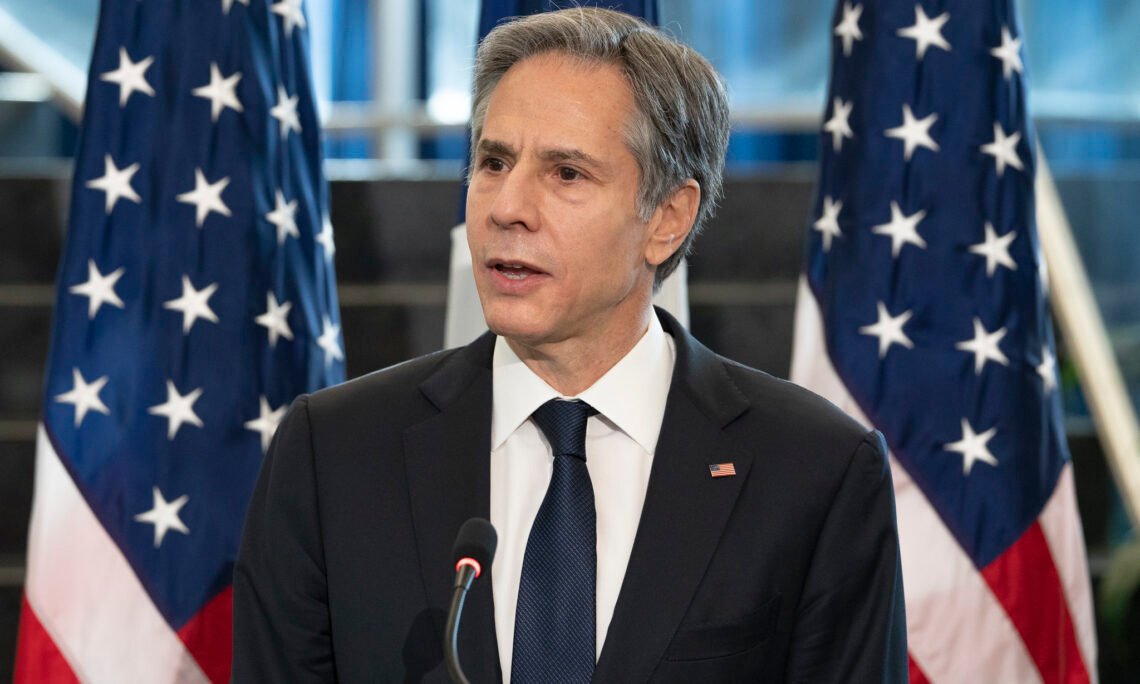The Biden administration has sparked controversy by extending a sanctions waiver that allows Iran access to approximately $10 billion held in Iraq. This decision, finalized by Secretary of State Antony Blinken on November 7, 2024, came just two days after President-elect Donald Trump’s election victory, drawing criticism from Republican lawmakers and foreign policy analysts.
The Sanctions Waiver and Its Implications
The waiver permits Iraq to continue purchasing electricity from Iran, with payments deposited into restricted accounts. These accounts are ostensibly designed for humanitarian purposes, such as food and medicine, to comply with U.S. sanctions. However, critics argue that Iran’s regime could use this financial flexibility to fund its nuclear ambitions and support terrorist organizations across the Middle East.
House Foreign Affairs Committee Chairman Michael McCaul (R-Texas) strongly condemned the decision, stating, “The House voted to eliminate these waiver authorities—twice. Yet, the Biden administration continues to waive the sanctions, putting more money in the Iranian regime’s pockets to fund its terrorist proxies and nuclear weapons program.”
Republicans in Congress have long opposed such waivers, which they see as undermining efforts to isolate Iran economically. McCaul and other lawmakers have called for greater accountability and transparency in U.S. dealings with Iran, particularly as tensions between the two nations remain high.
The Biden Administration’s Defense
The State Department defended the waiver, asserting that it is a necessary measure to support Iraq’s energy needs while ensuring that funds are used for non-sanctionable purposes. A State Department spokesperson explained that waivers have been in place since 2018 to enable Iraq to meet its energy requirements, which are heavily dependent on Iranian electricity imports.
“This waiver supports Iraq’s stability and energy independence while maintaining strict oversight of how the funds are utilized,” the spokesperson said. “These waivers are not new and have been part of U.S. policy for years to assist Iraq in reducing its reliance on Iran over time.”
Continuity and Controversy
The sanctions waiver is not without precedent. The policy originated under the Trump administration, which granted similar waivers to Iraq in 2018 to prevent energy shortages. However, the timing of the extension—immediately after President-elect Trump’s victory—has fueled accusations that the Biden administration is rushing to solidify policies that may be reversed under the incoming leadership.
The current waiver extends the program for 120 days, overlapping with the early months of the Trump administration’s return to power. Critics speculate that the Biden administration’s decision may complicate Trump’s ability to implement a more hardline stance on Iran when he takes office in January.
A Shift in U.S. Foreign Policy?
President-elect Trump is expected to take a markedly different approach to Iran, prioritizing maximum pressure through economic sanctions and diplomatic isolation. Trump’s previous administration withdrew from the Iran nuclear deal in 2018 and imposed some of the harshest sanctions on the Iranian regime to date.
The future of the sanctions waiver remains uncertain. Analysts predict that Trump’s team will likely review all existing agreements and waivers with an eye toward reversing policies perceived as favorable to Iran. This could include halting funds flowing to Iran through restricted accounts in Iraq.
Broader Implications for U.S.-Iran Relations
The extension has reignited debates over U.S. policy toward Iran, particularly in light of the regime’s ongoing support for proxy groups such as Hezbollah and its continued enrichment of uranium. Critics argue that allowing Iran access to billions of dollars undermines efforts to curtail its destabilizing activities in the region.
Supporters of the waiver, however, stress the importance of maintaining stability in Iraq, which remains reliant on Iranian energy imports. They argue that cutting off these funds abruptly could harm Iraq’s economy and weaken its government, potentially creating a vacuum for extremist groups to exploit.
Sources:
- Fox News: Biden Admin Extends $10 Billion Iran Sanctions Waiver
- New York Post: Biden Admin Renews $10B Iran Waiver After Election
- State Department Statements on CHIPS Act Waivers

